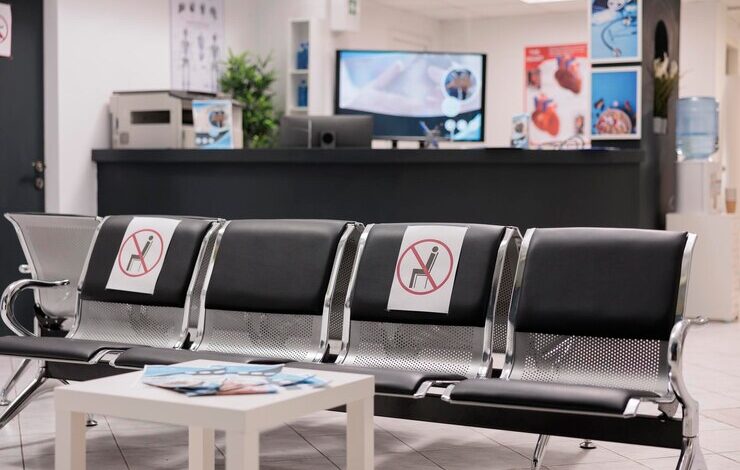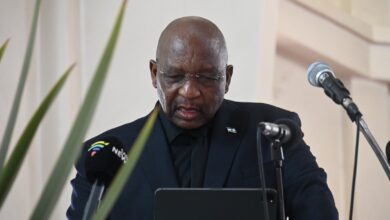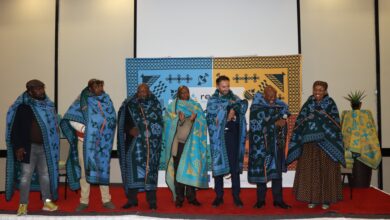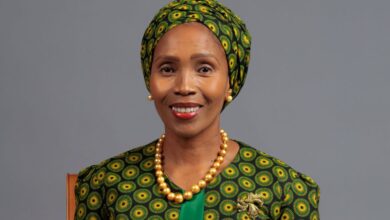Rampai Clinic Closure Leaves Upper Nqoe Residents Without Healthcare

The closure of Rampai Clinic due to persistent water shortages and an inoperative solar system has left more than 15 villages in Upper Nqoe Community Council without vital healthcare services, worsening an already dire situation for many residents.
District Health Manager Dr. Lebohang Sao acknowledged the clinic’s shutdown, expressing disappointment that despite community efforts to keep it operational, the clinic board ultimately resolved to close its doors due to the lack of essential utilities. This abrupt halt in services has sparked concern among villagers who now face long and costly journeys to alternative healthcare facilities.
A Community in Crisis
For residents of Mahlekefane and surrounding areas, Rampai Clinic was more than just a medical facility—it was a lifeline. However, without electricity, the clinic cannot provide safe childbirth assistance for expectant mothers, and the lack of running water has made it impossible to maintain hygienic conditions.
Community Councillor Mrs. ‘Masontaha Lefisa emphasized that these challenges left the clinic committee with no choice but to suspend operations.
“As the clinic committee, we decided to stop services because we realized that these persistent issues were not being addressed. We need a fully operational clinic that does not compromise the quality of healthcare,” she stated.
Many villagers relied on Rampai Clinic as their nearest alternative, Mamohau Hospital in Ha Lejone, is not easily accessible. Some residents must pay over M300 for transport, while others have no access to public transportation, making emergency healthcare nearly impossible.
A Threat to Maternal and General Health
The clinic’s closure has caused immense distress, particularly for pregnant women who now face the likelihood of delivering their babies at home without proper medical assistance. Mrs. Lefisa fears that maternal deaths could rise if the situation is not resolved quickly.
“We already have women giving birth at home even when the clinic is operating. Now that it’s closed, the risk is even higher. We all know the dangers associated with home deliveries, especially in emergencies,” she added.
Routine medical care has also been disrupted. Boithatelo Village Health Worker Matankiso Molapi noted that patients depending on the clinic for chronic disease treatment, prenatal check-ups, and vaccinations are now at risk of missing crucial medical care.
“I had a patient who was due for her clinic visit on Tuesday, but she told me she cannot afford to travel to Mamohau. That means she will miss her medication,” Molapi explained. “People still come to us for advice, but some problems—especially those requiring medication—are beyond our control.”
Desperate Situations and Growing Fear
The closure has forced many residents into desperate situations. Matumelo Shasha, a local resident, recalled a terrifying experience when her husband mistakenly drank paraffin one night. She rushed him to Rampai Clinic, only to find it closed.
“We had no choice but to travel to Mamohau, which cost us M1000 in transport. This is not sustainable for us. Some people could die on their way to the hospital because the roads to Ha Lejone are in poor condition,” she lamented.
Others, like ‘Malijo Kokoana, fear unintended pregnancies due to the lack of family planning services.
“My due date for contraceptive pills is approaching, and I am afraid the clinic will still be closed. I’m not financially prepared for another child,” she said.
For patients like Taunyane Rapoli, who depends on the clinic for his Anti-Retroviral (ARV) treatment, the closure presents a serious health risk. Missing his medication could severely impact his health, and he cannot afford to travel elsewhere for treatment.
“I plead with authorities to act quickly. We need this clinic back in operation,” he urged.
A Call for Urgent Action
The situation at Rampai Clinic highlights the critical role rural healthcare centers play in ensuring community well-being. Without immediate intervention, residents will continue to suffer, and preventable health crises could escalate.
Villagers are now appealing to the government and health authorities to restore services at the clinic by addressing the water and electricity issues. They emphasize that their health and survival depend on it.
Until then, the residents of Upper Nqoe remain in limbo, anxiously waiting for a resolution to a crisis that has left their most vulnerable members at risk.
Join 'Lesotho News' WhatsApp Channel
Get breaking Lesotho news — delivered directly to your WhatsApp.
CLICK HERE TO JOIN



